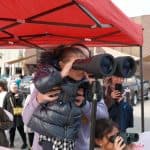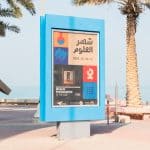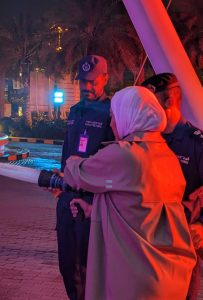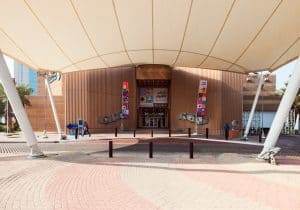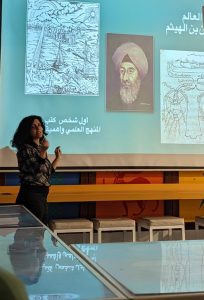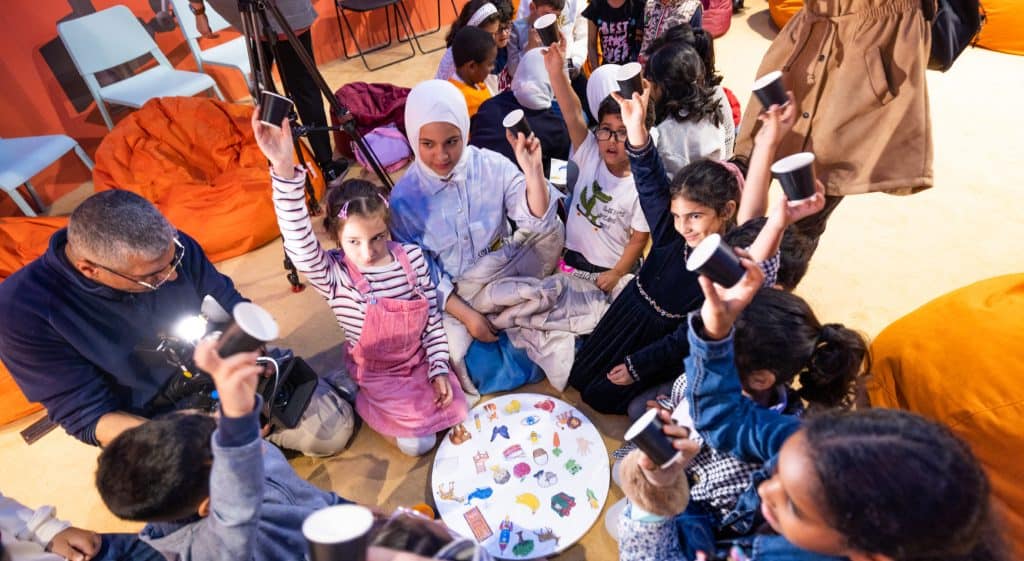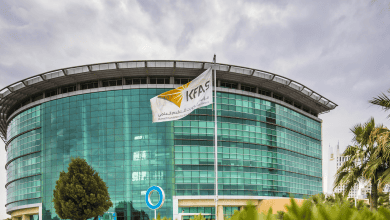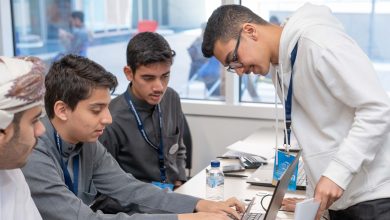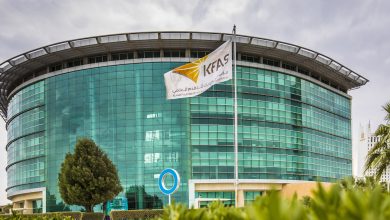First Ever Annual Science Month Organized by ASPD
The Advancement of Sciences Publishing (ASPD) teamed up with The Scientific Center Kuwait to organize a month filled with interactive science activities of the Year Exhibition
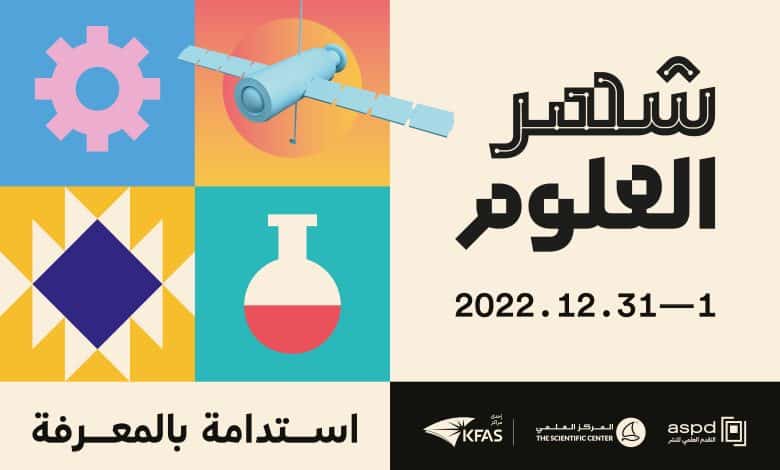
After attending her first ever Young Astronomers workshop during Science Month at The Scientific Center Kuwait (TSCK), Jumana Alothman told her parents she always wants to join in any event or activity that involves science from now on. She also proceeded to attend almost every single Science Month workshop after that, spreading enthusiasm and joy among the children and organizers.
Science Month, held in December 2022, was the first annual celebration of STEM, and art held by the centers of the Kuwait Foundation for the Advancement of Sciences (KFAS). It was organized to celebrate the scientific landscape in the State of Kuwait, while fulfilling KFAS’ vision of promoting and disseminating Science, Technology, and Innovation for a prosperous future. The month of December was selected to commemorate the anniversary of the establishment of KFAS through the Amiri Decree on December 12th, 1976.
It was a month-long curation of science related events and workshops mostly held at TSCK in collaboration with Sabah Al-Ahmad Center for Giftedness and Creativity (SACGC) and several relevant civil society organizations.
Its aim is to raise awareness about science and technology - making it accessible, fun, and interactive for an audience of both children and adults alike, according to Naser Burahmah, one of the coordinators of Science Month and a scientific culture consultant at KFAS.
“We didn’t just target children, or a specific age group; we tried to target everyone,” Burahmah said. “It was going on during end-of-year school exams and the World Cup – yet people still came and participated in the activities.”
The notable activities included Meet the Scientist - a public discussion with Kuwaiti researchers whose research was funded by KFAS, where the audience and youth met with scientists and researchers from different disciplines with a view of providing career awareness about the available career paths for them in the future.
Under the Environment Theme, the month kicked off with the opening of the “Wildlife Photographer of the Year exhibition - Natural History Museum London,” which continued at the TSCK until the end of December 2022. One of the most enjoyable activities was the educational and entertaining workshop held by the Kuwait Dive Team to teach children about the dangers of marine waste and ghost nets.
Additionally, the Kuwaiti Environmental Lens team launched a new season of Nature Ambassadors to train university students in nature photography. In close partnership with the Environment Public Authority, the Kuwaiti Environmental Lens volunteer team, and DJI Falcon Kuwait, an event was held to monitor the Greater Flamingos in the Free Trade Zone using drones, to highlight the importance of habitat conservation and to raise awareness about the significance of preserving biodiversity and the ecological habitat. A wildlife photography workshop was also organized by the wildlife photographer Omar Al-Sayed Omar, who accompanied the attendees to the Aquarium after the workshop so that they could practice what they learned.
The Health Awareness Department at the Ministry of Health’s “How to Maintain my Dental Health” workshop under the Health Theme, drew the interest of parents. Children were given the opportunity to learn by role-playing as a dentist in the mobile dental unit. One parent pointed out that this brief experience clearly helped to remove their children’s fear of the dentist. The Kuwaiti Medical Association held an event titled “Our Children Are Sugar Pieces” as part of their efforts to raise awareness about World Children’s Day for Diabetes. The activities of the event included six interactive stations where doctors met with children to raise awareness about public health and how to change their eating habits for better health.
Under the Space and Astronomy Theme, the Asteroid Hunters team -funded by KFAS- presented a training workshop on how to identify asteroids through the classification of astronomical data in collaboration with global observatories; with a view of creating a wider base of the public participating in scientific endeavors through participation in the Citizen Science projects and activities, where citizens analyze data for the benefit of scientific institutions. This concept is a new one that has emerged to invest in the passion, benign curiosity, and hobbies of science enthusiasts to bridge the gap between amateur scientists on the one hand and specialized scientists on the other, to jointly discover and conduct research in different fields.
The Astrolab Team arranged a range of engaging events for astronomy fans. These included how to use an astrolabe, stargazing and meteor shower observation trips, workshops on the topic of light pollution and its impact on observing celestial bodies, and activities tailored to young astronomers. The latter aimed to educate children on topics such as asteroids and monitoring them using astrolabes.
The Science Month celebrated International Arabic Language Day on December 18 by highlighting the applications of technology and teaching skills for the twenty-first century in teaching Arabic reading and writing. An interactive workshop was held in cooperation with Alef B, which took children and parents through a fun educational journey to master Arabic reading and writing. The latest publication of ASPD, “Butterflies,” was launched in collaboration with the SACGC in an interactive workshop aimed at promoting reading and science using virtual reality technology. The event explained the life cycle, types, and habitats of butterflies.
In addition to the workshops and lectures, there were also opportunities for people to engage with a firetruck from the Kuwait Fire Force, a hybrid car from Mohamed Naser Al Sayer and Sons as well as a representative who was explaining the features and benefits of hybrid technology, and an electric car from Chery Alghanim. Hybrid cars and electric vehicles are “green” because they have both an electric motor and an internal combustion engine, and often rely on electricity, which means they burn less fuel than the average conventional vehicle. Therefore, it helps to reduce emissions of gases and chemicals that harm the environment and human health. Conventional vehicles account for more than half of the emissions from the transport sector.
Photos: Omar al sayed omar


